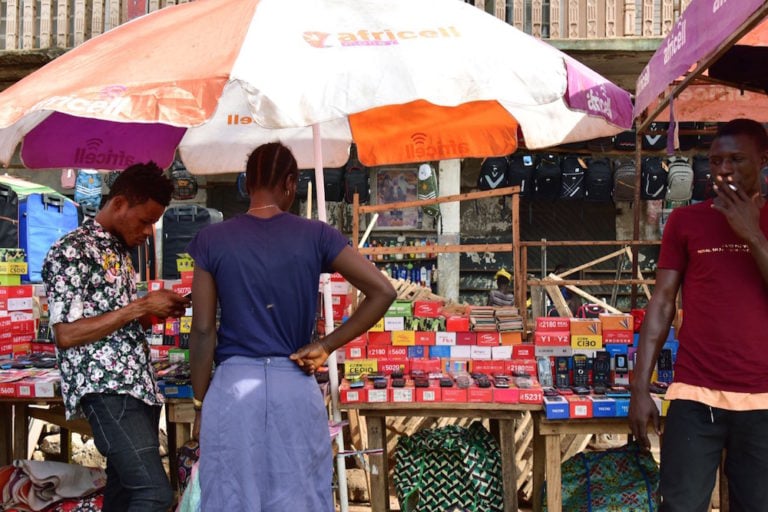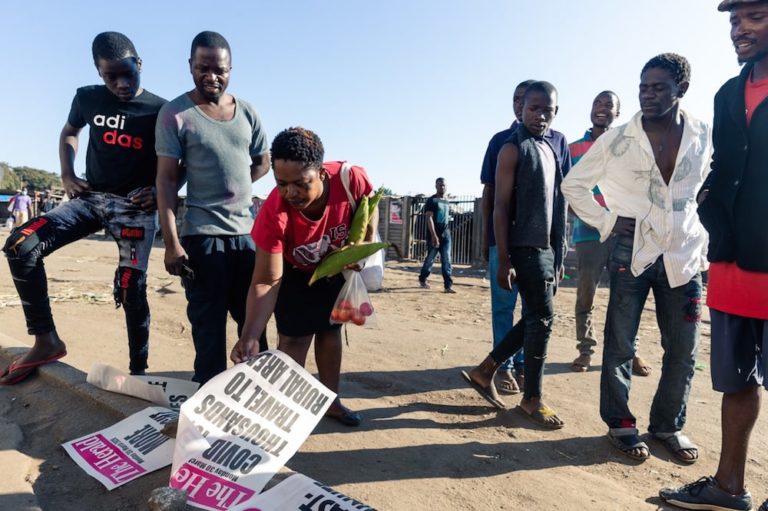(MISA/IFEX) – “The Namibian” newspaper reports that the government has outlawed at least three different protests in the past four days. On 6 August 2000, the government blocked two interest groups from marching on the Southern African Development Community (SADC) summit meeting and State House in Windhoek. Heavily-armed police said they were acting on “orders […]
(MISA/IFEX) – “The Namibian” newspaper reports that the government has outlawed at least three different protests in the past four days.
On 6 August 2000, the government blocked two interest groups from marching on the Southern African Development Community (SADC) summit meeting and State House in Windhoek. Heavily-armed police said they were acting on “orders from State House”.
At the end of last week, the police barred former liberation struggle veterans, many of whom are disabled and who are pressing for war reparations, from proceeding to Windhoek. Earlier, a government team had tried to dissuade the war veterans from marching to State House. They cited “embarrassment” to the government while the SADC summit was in progress.
On 6 August, heavily-armed police, led by Regional Commander Chief Inspector Egbert Shikerete, told a group of around fifty Kavango students based in Windhoek that they were under strict orders not to allow them to march to State House. The students wanted to articulate concerns over the situation in their region, where attacks on villagers have increased since the government allowed Angolan government military forces to operate from Namibian soil. The students, who wanted to march from behind the Polytechnic of Namibia to State House, told “The Namibian” that they had informed the authorities, more specifically State House, a week in advance of their planned demonstration, and were given the go-ahead.
A State House spokesperson said President Sam Nujoma had in the meantime visited Rundu to update himself on the situation in the Kavango and a decision was taken that there was therefore no need for a demonstration by Windhoek-based students to inform him about what was happening in the troubled area.
The students waved placards with messages like “SADC don’t keep a blind eye on our country”, “Why should your children suffer”, “Won’t you help to mourn the death of innocent civilians”, “SADC is your business wars?”, “We are homeless, we need peace in Kavango” and “SADC forces, where are you? Please help!”
Despite their efforts to proceed to State House, the heavily-armed police blocked them for around four hours, until they finally gave up. They vowed to return on Sunday 13 August.
A few kilometres away, a group of dissidents from Swaziland and members of the Namibian trade union movement had planned to march to the hotel where the SADC heads of state summit was scheduled to start. However, police, under strict orders not to allow them to move a metre, had already warned on Friday 4 August that they would be locked up if they marched. The group subsequently did not turn up for the march, nor for a planned press conference. Inspector Shikerete reportedly told the group that all political demonstrations had been banned until after the SADC summit.
“The Namibian” reported that, as far as could be determined, the police had no legal basis for preventing the protests from proceeding.


